 If you would like to take the opportunity of online impact training as it relates to the UKRI Case for Support or writing the impact sections of Horizon 2020 proposals, Professor Mark Reed of Fast Track Impact is offering free, interactive webinars, giving you access to his most popular training sessions. Due to a high level of interest, there are now a further 100 tickets available for each of the two courses below:
If you would like to take the opportunity of online impact training as it relates to the UKRI Case for Support or writing the impact sections of Horizon 2020 proposals, Professor Mark Reed of Fast Track Impact is offering free, interactive webinars, giving you access to his most popular training sessions. Due to a high level of interest, there are now a further 100 tickets available for each of the two courses below:
How to integrate impact into your UKRI Case for Support
A highly interactive opportunity to learn about research impact and discuss example proposals integrating impact into their Case for Support
14.00-15.00, UK time (BST), Wednesday 15th April 2020
- Learn exactly what impact is (and is not) based on evidence from The Research Impact Handbook
- Discuss two contrasting examples of applied research proposals that have integrated impact into their case for support, identifying which of the two is best and why (using the break-out room function in Zoom), and report back key features of good practice to the wider group
- Get a masterclass in integrating impact to bids from Professor Reed
- Get the option to join free follow-up training to learn more about impact via email over the next 5 weeks
- Get a free PDF copy of Prof Mark Reed’s book, The Research Impact Handbook (second edition), and access to a video recording of the whole session (exclusive to those attending the webinar)
- Access is on a first-come-first served basis, with up to 100 spaces available. Book now to avoid disappointment.
How to write the impact sections of a Horizon 2020 proposal
A highly interactive opportunity to learn about research impact and discuss impact sections of funded and rejected Horizon 2020 proposals
15.00-16.00, Central European Time (CET), Friday 3rd April 2020
- Learn exactly what impact is (and is not) based on evidence from The Research Impact Handbook
- Discuss two Horizon 2020 proposals (impact sections only) in small groups (using the break-out room function in Zoom), identifying key features of good practice to work out which one was funded
- Get a masterclass in writing the impact sections of a Horizon 2020 bid by Professor Reed
- Get the option to join free follow-up training to help you embed what you’ve learned via email over the next 5 weeks
- Get a free PDF copy of Prof Mark Reed’s book, The Research Impact Handbook (second edition), and access to a video recording of the whole session (exclusive to those attending the webinar)
- Access is on a first-come-first served basis, with up to 100 spaces available. to avoid disappointment.
 w weeks, Parliament has seen a surge in need for access to research expertise as it engages with the COVID-19 outbreak.
w weeks, Parliament has seen a surge in need for access to research expertise as it engages with the COVID-19 outbreak.

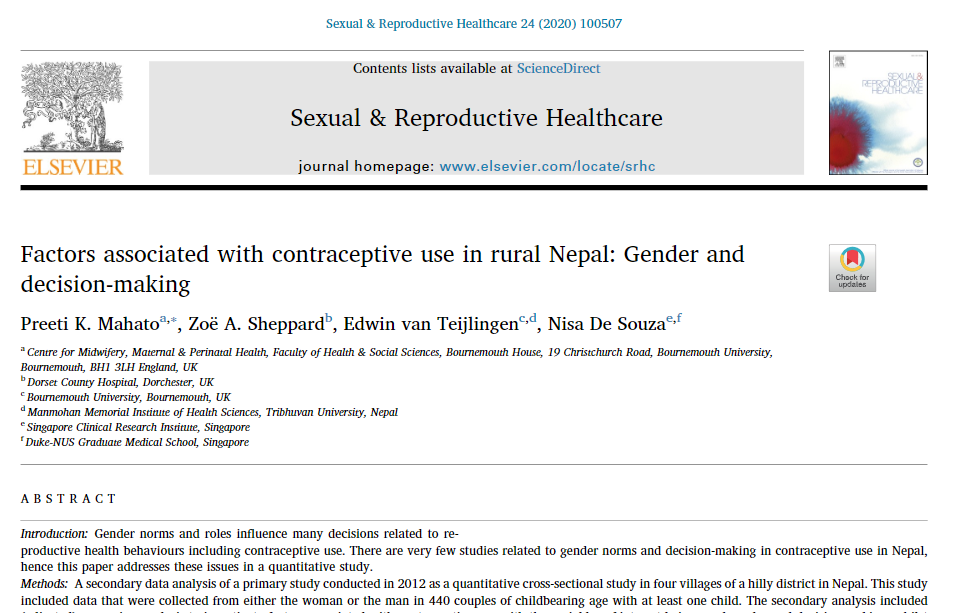

 n recognition of the important contribution that early career academics play in driving research for the future, we are delighted to continue the BU Academic Targeted Research scheme to attract and recruit talented individuals in targeted research areas. Following the successful recruitment of five new posts, we will employ one other new Senior Lecturer with significant postdoctoral expertise (or of comparable experience) with outstanding potential in alignment with the targeted research areas:
n recognition of the important contribution that early career academics play in driving research for the future, we are delighted to continue the BU Academic Targeted Research scheme to attract and recruit talented individuals in targeted research areas. Following the successful recruitment of five new posts, we will employ one other new Senior Lecturer with significant postdoctoral expertise (or of comparable experience) with outstanding potential in alignment with the targeted research areas: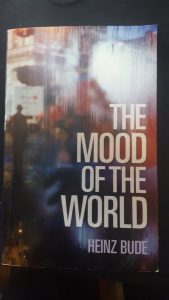

 At Bournemouth University we collaborate with global institutions and organisations through our education, research and practice.
At Bournemouth University we collaborate with global institutions and organisations through our education, research and practice.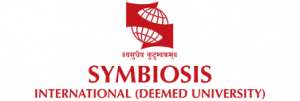 funding to support 10 UK Psychology Students and Staff to visit India. This initiative receives further support from Global Engagement Hub, Bournemouth University.
funding to support 10 UK Psychology Students and Staff to visit India. This initiative receives further support from Global Engagement Hub, Bournemouth University.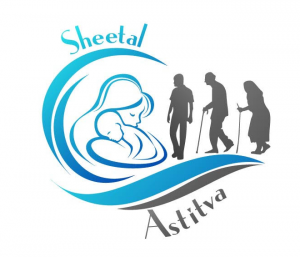


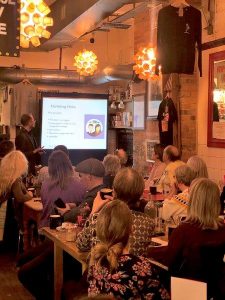 At this month’s
At this month’s 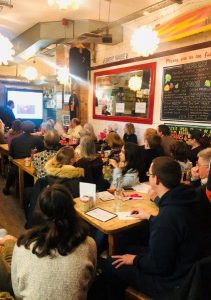
 If you have any questions please do
If you have any questions please do 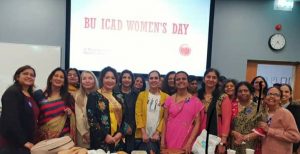











 New Bournemouth University public health paper
New Bournemouth University public health paper New ACORN-funded paper published. When time is short but passion for food is strong, food day-tripping may be the answer!
New ACORN-funded paper published. When time is short but passion for food is strong, food day-tripping may be the answer! Third INRC Symposium: Interdisciplinary Computational and Clinical Approaches at the Edge of Brain Research
Third INRC Symposium: Interdisciplinary Computational and Clinical Approaches at the Edge of Brain Research Royal Society of Chemistry Outreach Fund: Open for Applications
Royal Society of Chemistry Outreach Fund: Open for Applications Last reminder – MSCA Postdoctoral Fellowships 2024 internal deadline next week
Last reminder – MSCA Postdoctoral Fellowships 2024 internal deadline next week Horizon Europe – EuroHPC and MSCA PF webinars
Horizon Europe – EuroHPC and MSCA PF webinars